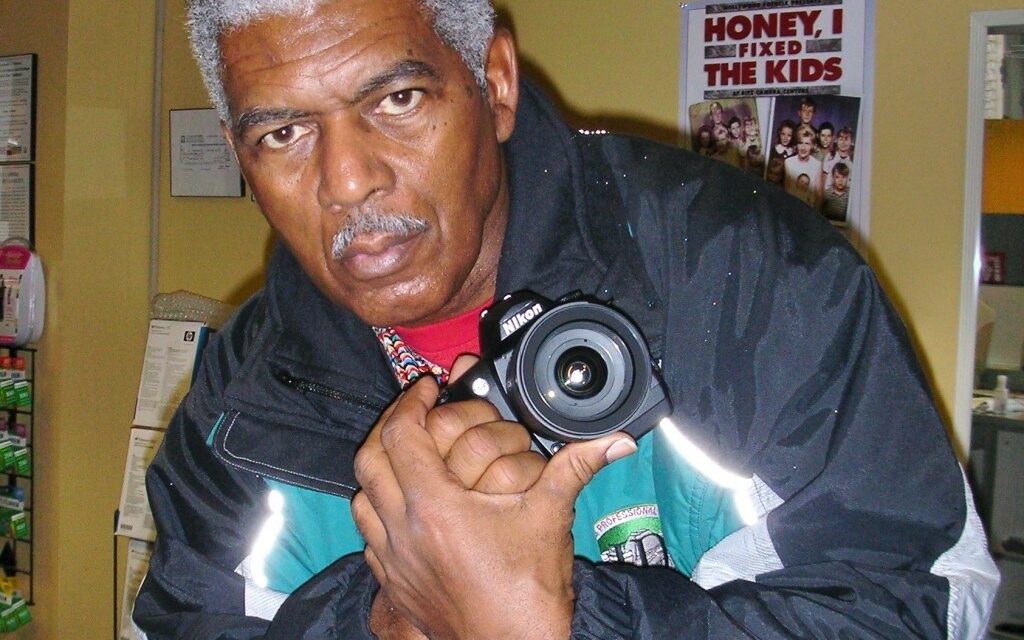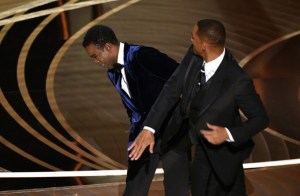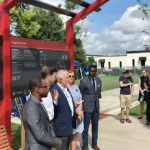By Rev. Dorothy Boulware,
AFRO Special Projects Editor
Often when I saw J.D. Howard at the front counter of the AFRO building on Charles Street I would duck into my office and wait for his voice to go away. I rarely won that battle because before I knew it, he’d be in my office trying to convince me to print and pay for something we really had no interest in.
He sometimes won. And he always did really good work.
J.D. had that gut instinct that knew what angle to take to get all the subjects in the photo.
He knew just how much light was needed. He knew how the people should be situated in the photo.
He knew who should be left out of the photo– and he wasn’t always particularly diplomatic in saying so.
But he was in high demand: every church, every sorority and fraternity wanted J.D. to photograph their events.
Every family wanted J.D. to cover the celebration of life services for their loved ones, because he was undeniably the best.
And no one could dispute that, looking at the photo he took of the Million Man March in Washington D.C. on October 16, 1995.
He told me he found a building that was open and he paid somebody to let him get upstairs on the highest floor and aim his camera to capture as many of those men as he could.
And his photos still rate among the best, because very few thought to do the same.
J.D. did weddings and graduations. J.D. did marches and conventions.
J.D. shot openings of buildings.
Eventually he expanded his business, to also capture the stages of building construction from beginning to end.

And he didn’t work alone. His partner was his wife, Geraldine, who preceded him in glory, was the one we called when we couldn’t find him.
She was the one who would remind him he had a job to do and that the AFRO was looking for him.
And when we called his phone, it was Geraldine’s name that popped up.
Everybody who worked at the AFRO, knew J.D. Howard and we were sad when he had to stop taking our photos.
“J.D. was the definition of indefatigable,” said Sean Yoes, former AFRO writer and editor. “He was always moving towards the next assignment, or the next shot. He was passionate about his work and he was passionate about his people– the two were inextricably linked.
“Perhaps more importantly, J.D. was just a good brother,” Yoes said.
AFRO production manager, Denise Dorsey, also has fond memories of the legendary photographer.
“Mr. Howard was a character–in a good way–and genuine. That is what I liked about him. An excellent photographer, he was always very passionate about his work. And never one to mince words.”
James Howard, son of J.D. Howard, spoke with the AFRO about his time with the publication.
“My father’s relationship with the AFRO spanned decades, and it was one of the entry points through which he established himself as one of Baltimore’s most prolific photographers,” said James Howard. “It was marked by periods of creative tension at times, the collaboration resulted in some of his finest work, and produced many images that AFRO readers still talk about to this day.“
No doubt about it – we are certainly glad J.D. Howard came our way.
Services for J.D. Howard took place on Feb. 6 with viewing from 4-7 p.m., and a wake at 11 a.m. on Feb. 7. The funeral took place immediately after the wake at 11:30 at March Funeral Home, 4300 Wabash Avenue in Baltimore City.
Howard is survived by his two sons, James Howard Jr. and Lester Howard; granddaughters Latavia Watson and MaKayla Howard; two brothers Theodore and Victor Howard and two sisters Kay Collins and Phillis Dogget.
The post J.D. Howard moves on to a new assignment appeared first on AFRO American Newspapers.











